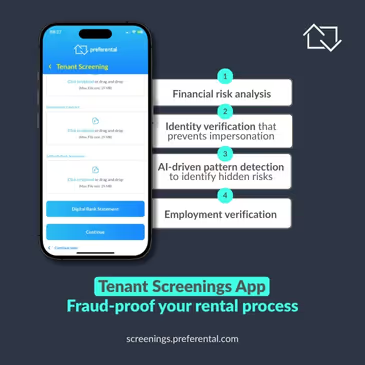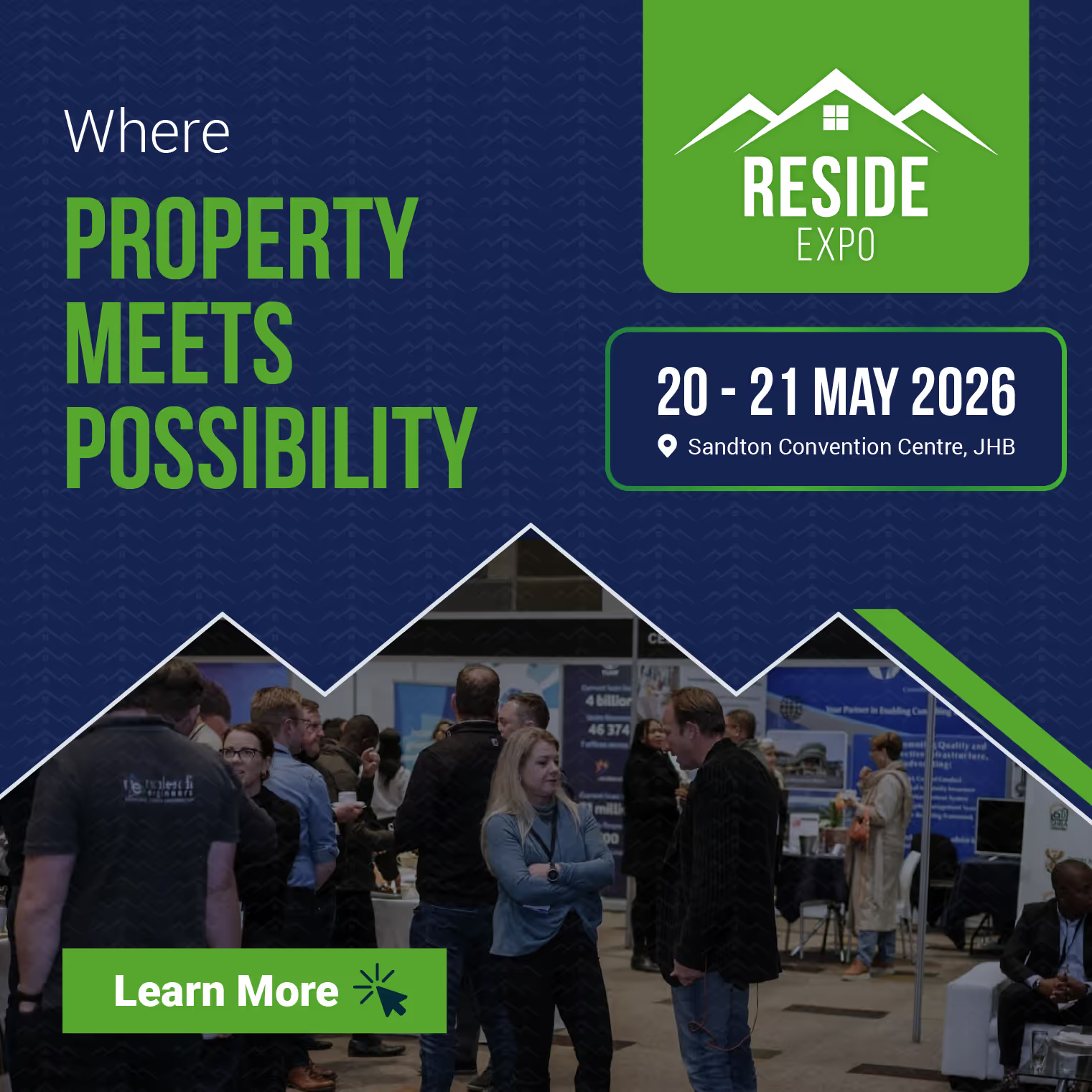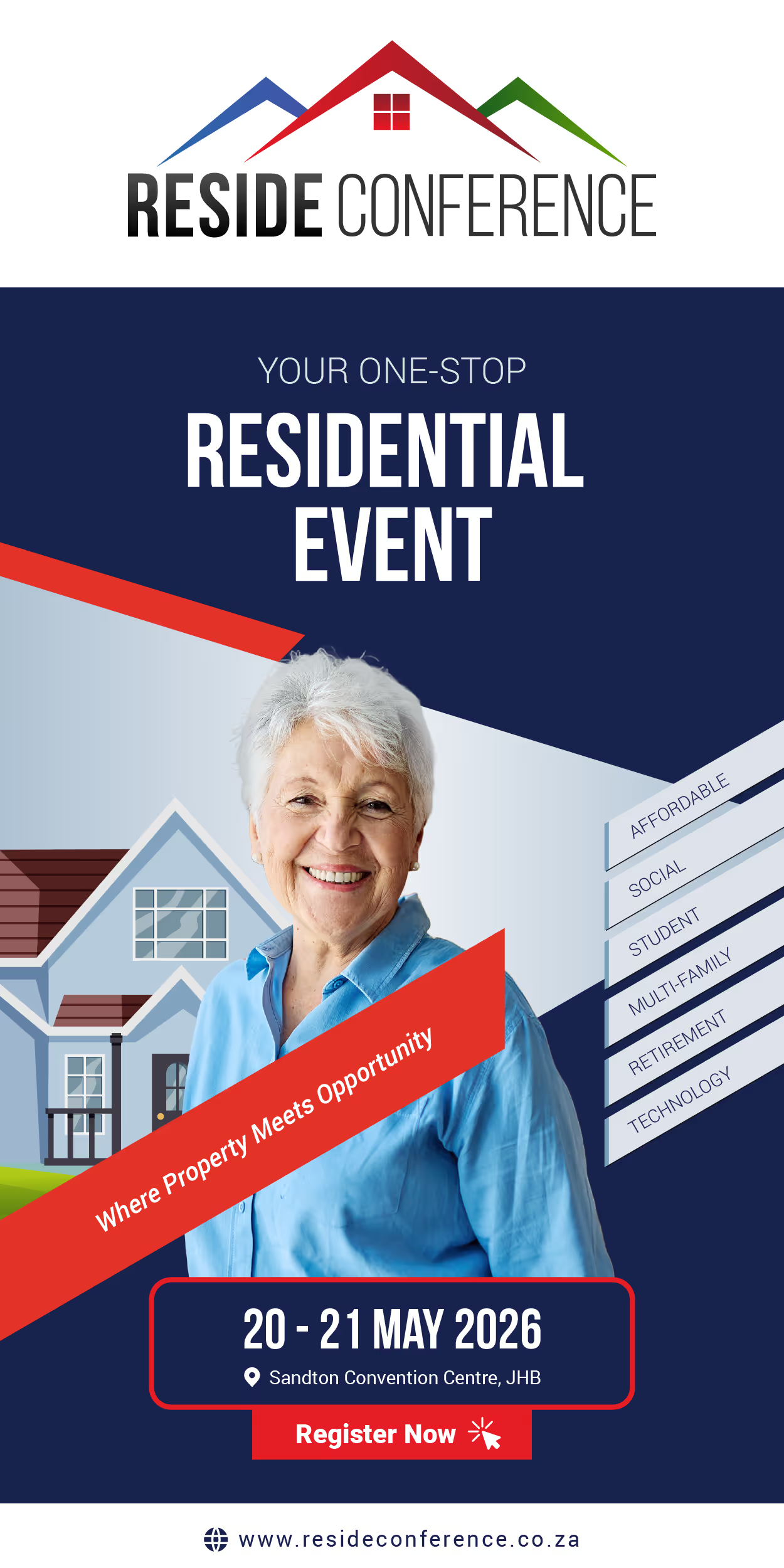Escape SA’s rental trap: Your roadmap to ownership
- Renting in SA is a wealth trap unless strategic; owning leveraged assets compounds faster than paying perpetual rent.
- Overseas norms differ: strong tenant rights and quality stock make lifelong renting rational (e.g., Germany).
- Escape plan: save a deposit, use subsidies, co-buy, add income units; run numbers, don’t buy on emotion
Introduction: Rent vs Buy, the Real Trade-off
In South Africa, most renters aren’t choosing a lifestyle, they’re stuck in affordability and credit bottlenecks. Ownership is the primary path to participate in long-run capital growth; rent is a sunk cost unless it’s part of a deliberate investment strategy.
SA vs Overseas
Globally, lifetime renting can be rational where tenant protections are strong and rental stock is premium (think Germany).
SA is different: 89% of renters want to own, 92% believe everyone has a right to a home, yet homeownership fell from 64.4% (2022) to 60.1% (2024) while renting rose 22.5% - 25.1%. That gap is the “rental trap.”
“In South Africa you really shouldn’t be renting your home unless there’s a strategic reason. Renting tends to be a trap in the SA economy.” Renier Kriek, MD, Sentinel Homes
He notes the Piketty dynamic: when returns on capital beat wage growth, non-owners fall behind.
How to Escape the Trap (Actionable)
- Save a meaningful deposit: Keep rent lean; target instalments ≤30 - 35% of gross income.
- Use subsidies & employer help: First Home Finance (ex-FLISP) and company housing support can close the gap.
- Co-buy smartly: Partner (not necessarily romantic) with a clear legal agreement.
- Buy value, not vanity: Consider a fixer-upper (cash for renos) or a home with a flatlet, 60 - 70% of projected rent can count toward affordability.
- Unlock the erf: Where zoning allows, add units or subdivide; sell rights or secondary dwellings to reduce net cost.
Crunching the Numbers (Illustrative)
- Deposit leverage: Qualify for a R1m bond? With R200k saved, you can buy around R1.2m, often at a better rate.
- Own-to-invest, rent-to-live (sometimes): At the high end, renting your residence can be cheaper than bond interest - deploy capital into smaller, higher-yield units instead.
- Diversify income: Instead of one R3m house, buy three R1m duplexes in varied nodes. Spread risk, smooth cash flow.
“If you’re investing in residential property to break free from the rental trap, your decision must be purely financial, not emotional.” Renier Kriek
Summation
In SA, ownership (done right) is the hedge against the rental treadmill. Build a deposit, exploit subsidies, buy for yield, and let compounding and tenants do the heavy lifting.













.avif)


.avif)

.avif)




.svg)





























.avif)
